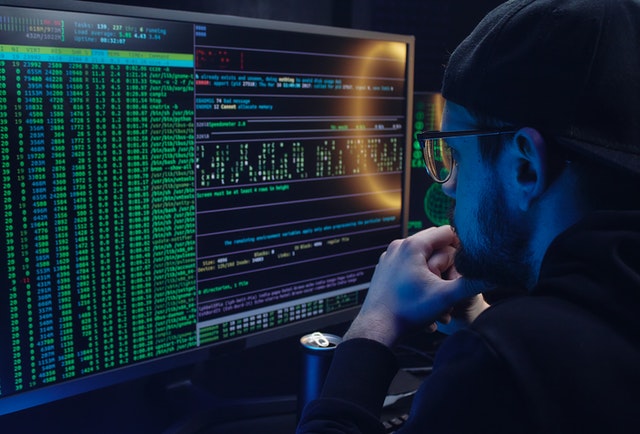Online viruses infect your computer or smartphone by making copies of themselves and attaching them to files in your devices. They can damage your computer by reformatting the hard drive or deleting files. Online viruses can also slow down your device, flood storage, and increase network activity, making it hard to access the internet. Here are five common online viruses and how to avoid them.
Browser Hijacker
A browser hijacker is a virus that changes your browser settings, causing various threats like altering your default home page. It usually redirects your browser to other potentially harmful websites without your permission. Browser hijacking can attack your computer by introducing adware, identity theft, or web tracking. Adware infects your computer and fills your browser with ads that slow down your computer. The ads are usually annoying and difficult to control.
Identity theft allows a hacker to collect your personal information and steal your identity. A hacker can also track your location after hijacking your computer. They can monitor all your online activities and record everything you do. Hackers can get all kinds of information, including IP address, search history, and page views.
When your computer is hijacked, you may realize you are low on space and get constant pop-up ads. You can protect your computer from being hijacked by avoiding untrustworthy websites. Additionally, you can avoid suspicious links and downloads as they may contain viruses. Ensure that you use a secure browser that blocks malicious extensions. When you keep your system updated, you can identify and fix any loopholes that hijackers exploit.
Web Scripting Virus
A web scripting virus can bypass your web security and introduce malicious code that can change your settings. The virus uses pop ads to spread and destroy your data by sending spam emails. It usually attacks social networking sites and slows your device after infecting it.
Web scripting viruses can alter your web browser setting or send spam emails. It can also create a malicious link or attack your system via pop ads. Your computer may slow down when you have a web scripting virus. Your browser may also keep redirecting to suspicious sites.
You can prevent web scripting viruses by installing an antivirus program and using VPS web hosting to block hackers. This helps to detect the virus and protect the system before it attacks it. Additionally, you can use secure web browsers to keep your browsing secure and private.
Multipartite Virus
A multipartite virus attacks the whole system and spreads via file infectors that attack boot sector and program files. It can damage your computer system, preventing you from doing even the simplest tasks. You can avoid this virus by installing a trusted malware program and regularly updating the virus scanner. Ensure that you do not download files or open email attachments from untrusted sources.
Resident Virus
A resident virus can hide in your RAM and infest files running in your computer. It can even attach to an antivirus program and infects files running through it. The virus does not need to be executed as it executes after loading the operating system. It can either work quickly, causing massive damage, or slowly and spread widely while remaining undetected.
When your computer has a resident virus, it tends to be slow and experience frequent crashes. Your computer may start opening unknown programs or send mass emails. It can also change your passwords or homepage. You may have to reformat your disks or perform a system wipe to remove the virus.
Direct Action
A direct action virus infects executable files in your computer. It then replicates and infects other files making them inaccessible. The virus only spreads when you execute the file. Luckily this virus is easily detectable and removable using an antivirus application. You can prevent this type of virus by scanning for viruses before installing programs or downloading email attachments.
You can protect your computer from these viruses by having multiple layers of cyber security. You can start by installing an antivirus program and a strong firewall. Other computer protection measures include endpoint detection, user education, and DNS filtering. This will help you protect your files and prevent others from spying on you.
